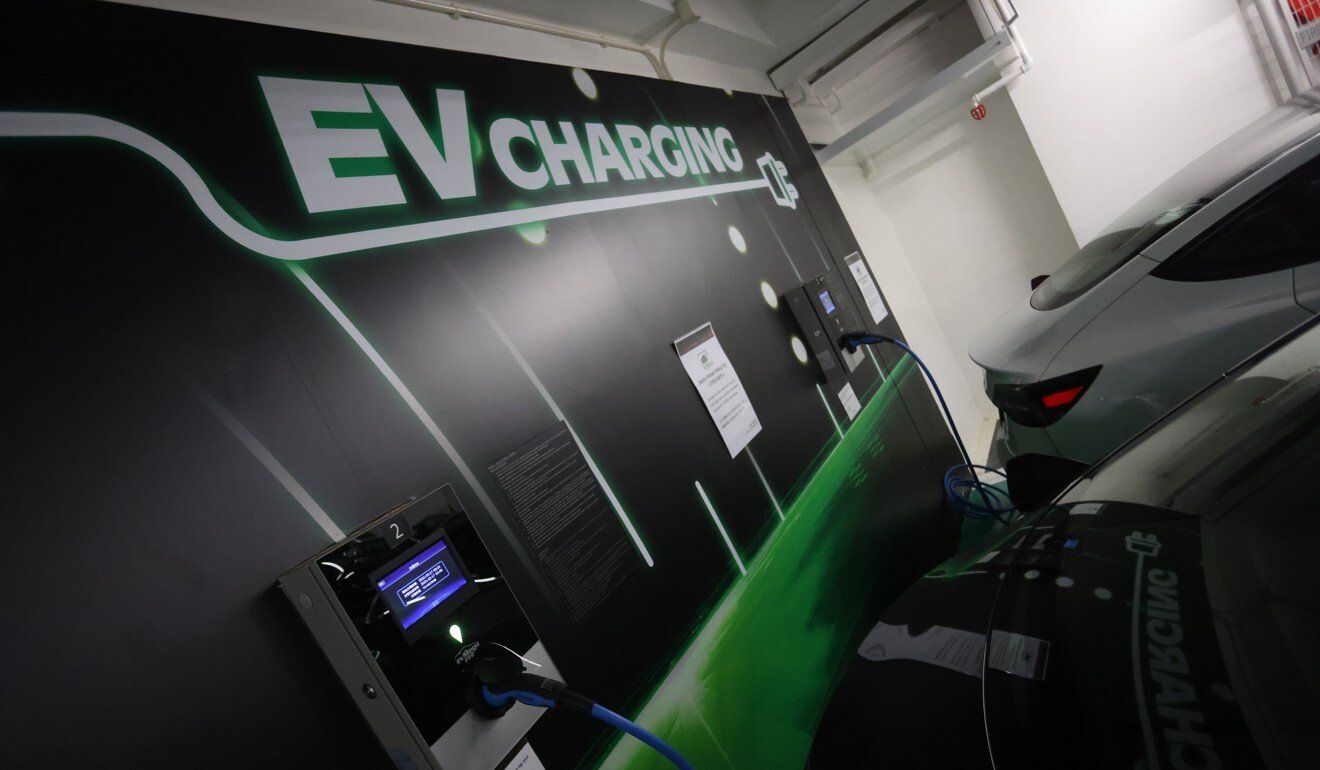
Accelerate the drive towards electric cars in Hong Kong
- After a stop-start policy on electric vehicles, the authorities seem to finally be on the right path towards a greener future
When the government announced a policy objective in 2009 to make Hong Kong one of the cities in Asia where electric vehicles were widely used, hopes were high that it would result in less pollution and cleaner air. Now, many years later, the situation has changed little.
It seems that officials are no longer in the front seat to drive the much-needed policy change. Not only are we nowhere near reaching the stated goal, we are not even clear on where we are going.
The sentiments above were taken from a South China Morning Posteditorial in the run-up to the financial secretary’s budget three years ago, after the withdrawal of the first registration tax waiver for private electric vehicles had raised doubts about the city’s commitment to promoting green transportation. Thankfully, the drive is seemingly swinging into high gear again.
Under the Roadmap on Popularisation of Electric Vehicles, the first of its kind by the government, there will be no new registration of fossil fuel-propelled private cars, including hybrid vehicles, by 2035 or earlier. This will help the city attain zero vehicular emissions before 2050, in tandem with the target of achieving carbon neutrality in the same period under the vision of “Zero Carbon Emissions – Clean Air – Smart City”, officials say.

It is good that officials are finally powering ahead. The first registration tax waiver for electric vehicles was introduced as early as 1994.
A high-level government steering committee was set up to promote the policy, along with funding for franchised bus operators to try out battery-powered vehicles. But the drive gradually lost steam until last month, when the government doubled down on its ambitious goals.
With just 18,600 electric cars in use, or 3 per cent of private vehicles, and a few thousand charging stations for public use at present, there is still a long way to go. Plans are under way to convert petrol stations into quick-charging facilities. The government blueprint also covers trials for green double-decker buses and legislation on disposal and recycling of EV batteries.
Electric vehicles are the future of transportation. The government should not put on the brakes again.

